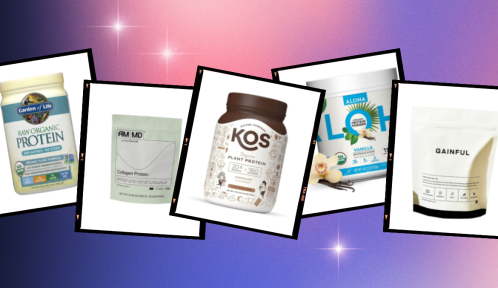Our editors independently select these products. Making a purchase through our links may earn Well+Good a commission
Tea is the most commonly consumed beverage in the world (after plain old H20, of course). It’s sipped daily by people in Blue Zones, regions where it’s normal to live to be over 100 in good health. And according to the Tea Association of the U.S.A., you’ll find tea in 80 percent of U.S. households.
Experts in This Article
Julia Jones, PhD is a neuroscientist and founder of Nuero Smart Wellness.
acupuncturist, herbalist, and founder of Vie Healing
Of course, not all tea is the same. First, it certainly matters what else you’re incorporating into your beverage (in addition to herbs steeped in water, of course). Many store-bought tea drinks contain added sugar—definitely not great on the health front. But the various herbs and other ingredients found in tea can also offer a wide array of health benefits. For example, some teas provide a caffeinated energy boost while others are linked to relaxation.
When it comes to teas for brain health, neuroscientist Julia Jones, PhD and herbalist, acupuncturist, and Vie Healing founder Mona Dan, LAc., MTOM, both say there are a few standouts in particular worth sipping. Keep reading to find out their favorite teas for brain health as well as the brands they recommend if you’d like to integrate them into your own home tea collection.
The 5 best teas for boosting brain health
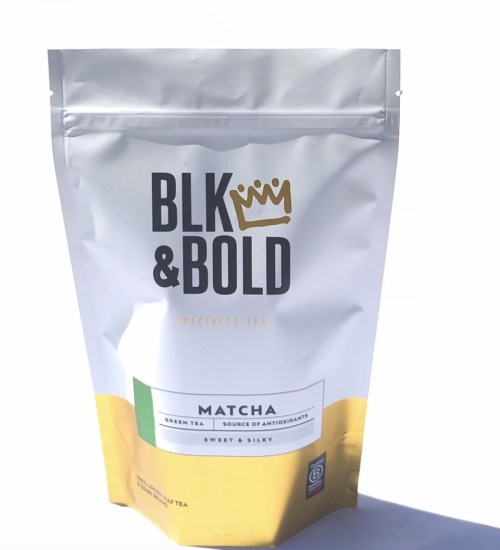
Blk & Bold Matcha — $18.00
Both Dr. Jones and Dan say green tea is full of brain health-supporting benefits, which are backed up by a wealth of scientific studies. “Green tea contains powerful polyphenols and antioxidants that support cognitive function,” Dan says. Specifically, green tea contains catechins, which are a type of polyphenol and antioxidant connected to brain health.
Drinking green tea is also linked to improving mood. “Many scientific studies have found a connection between l-theanine [an amino acid found in green tea] and mood as well as with cognitive function,” registered dietitian Neva Cochran, RD, previously told Well+Good. Both green tea and matcha (a specific type of green tea) have these benefits, so drinking either one will benefit your brain.
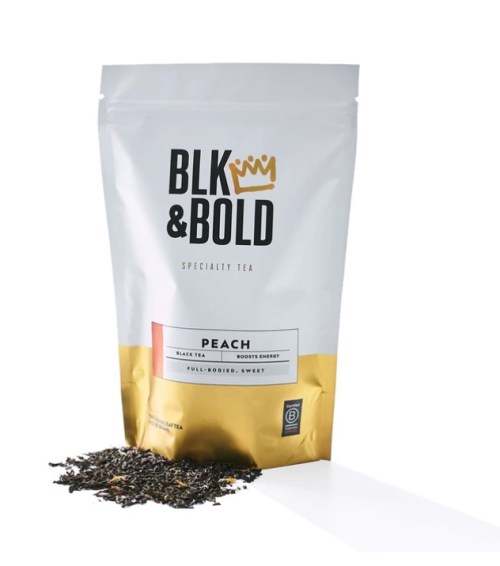
Blk & Bold Peach Black Tea — $12.00
Dr. Jones points out that the brain-boosting combination of caffeine and l-theanine aren’t just found in green tea—they’re in black tea as well. This is why she says she loves sipping it just as much as green tea. She adds that black tea is another rich source of antioxidants, which is one more reason why it is so good for the brain.
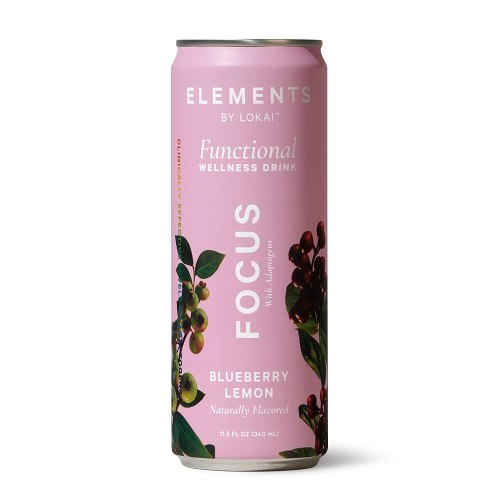
Elements Lion's Mane Tea — $42.00
Lion’s mane is a type of adaptogenic mushroom that Dr. Jones says she likes to consume in tea form on a regular basis. “There is increasing research interest around the neurotherapeutic and protective properties of lion’s mane tea,” she says. “A recent animal study showed lion’s mane tea suppressed inflammation and toxicity in neurons in the main memory forming region of our brain. It appears to have the potential to enhance memory and improve brain function, so it is now of interest in the management and avoidance of dementia.” Lion’s mane has brain benefits in the short-term too, helping combat brain fog and increase concentration.
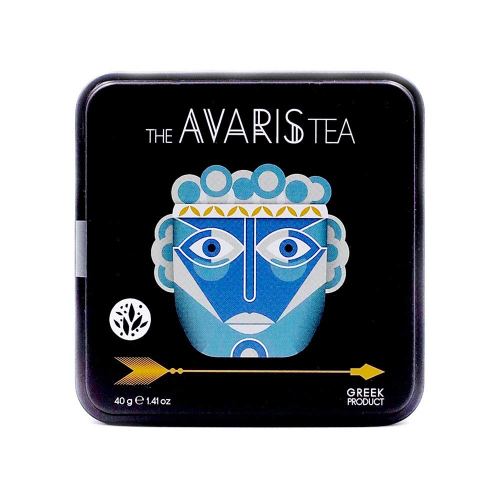
Sparoza Rosemary, Sage, and Lemon Balm Tea — $14.00
Rosemary, sage, and lemon balm tea is one of Dan’s absolute favorite teas for longevity because she says all three herbs have been linked to benefitting long-term brain health. “Studies show rosemary contains carnosic acid [a type of polyphenol] which supports brain function, especially long-term memory with promising effects against Alzheimer’s disease and Parkinson’s disease,” she says. “Sage is great for both cognitive and neurological functions and lemon balm has specifically been studied with Alzheimer patients for cognitive functioning.” Their flavors play well together too, making a savory tea with a hint of tartness from the lemon balm.
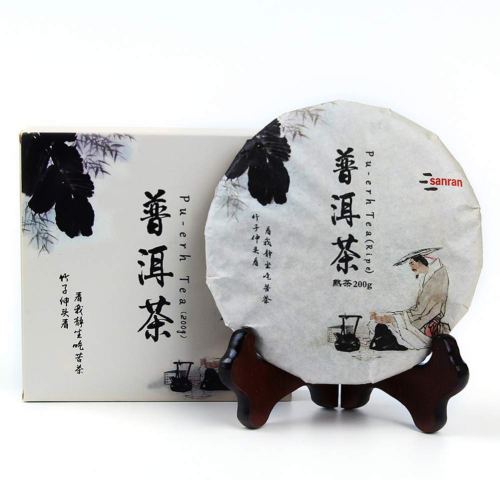
SanRan Pu'er Tea — $19.00
While it might be less known to some American consumers, Pu’er tea is a staple in China, its country of origin. “This fermented tea has neuroprotective properties that have been studied to show a great improvement in cognitive functioning and for regulating the central nervous system,” Dan says. Bonus: it’s also great for your gut since it’s fermented.
How you consume your tea can help your cognitive function, too
All of these teas are linked to optimizing brain health because of the herbs they’re made with, but Dr. Jones especially advocates for consuming them with a friend or other companion—even if that means virtually or on the phone. “The tea-drinking experience often acts as a break in our day,” she says. “This automated tea brewing habit gives our brain a much-needed break from the high-intensity cognitive load it’s usually coping with in our hectic world. These micro-breaks have been shown to slow our brain activity, dropping from the beta-waves when we’re busy down into more restful alpha-waves. It’s hugely beneficial for our brain to get this frequent slower, resting state.”
Many countries have a tea time built right into their workday. If you’re able to, it’s one worth adapting. That way, you’re doing something doubly good for your brain: taking a break and consuming an herbal tea that supports cognitive function. Talk about a solid case for having a mid-day tea party.
Oh hi! You look like someone who loves free workouts, discounts for cult-fave wellness brands, and exclusive Well+Good content. Sign up for Well+, our online community of wellness insiders, and unlock your rewards instantly.
Sign up for the Well+Good SHOP Newsletter
Get exclusive deals on wellness, beauty, fitness, and food products that have been hand-picked by our editors.
Got it, you've been added to our email list.


